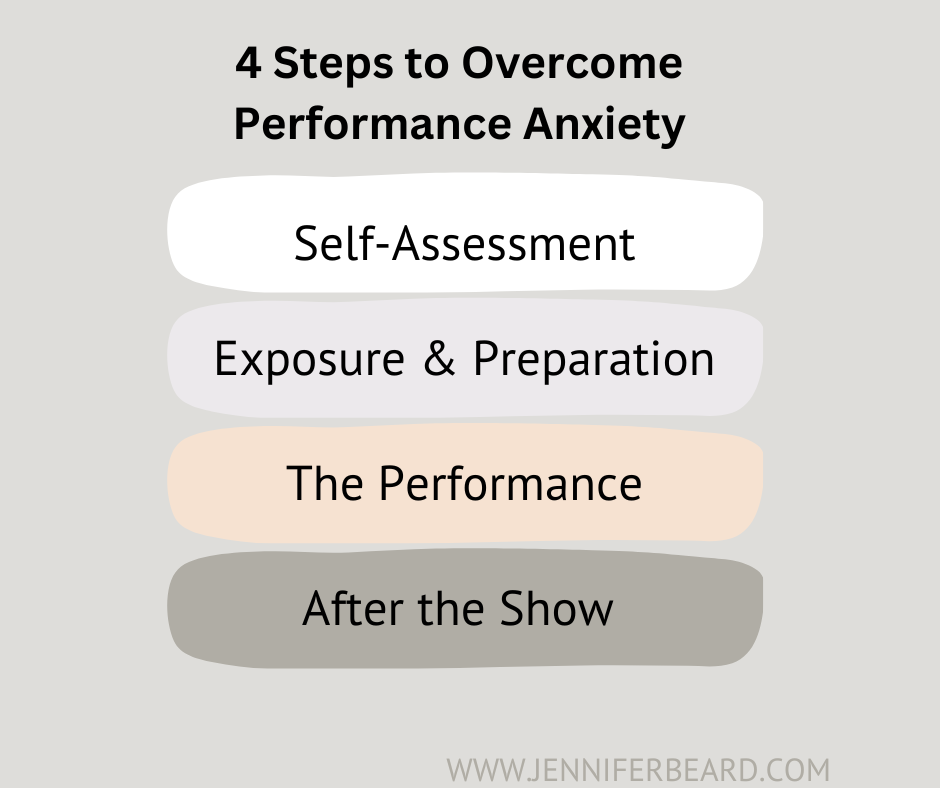Get the Guide
A simple, encouraging guide to help parents confidently transition into homeschooling, build a customized learning rhythm, and create a thriving educational experience at home.
Homeschooling 101 Starter Guide
Family
FAVE LINKS
Topics
Hi, I’m Jennifer — transformation coach, homeschooling mentor, and guide for parents ready to create a life that truly fits. I help you break through fear, align with your values, and confidently design both your child’s education and your own bold, authentic life.

It is not the critic who counts; not the man who points out how the strong man stumbles, or where the doer of deeds could have done them better. The credit belongs to the man who is actually in the arena, whose face is marred by dust and sweat and blood; who strives valiantly; who errs, who comes short again and again, because there is no effort without error and shortcoming; but who does actually strive to do the deeds; who knows great enthusiasms, the great devotions; who spends himself in a worthy cause; who at the best knows in the end the triumph of high achievement, and who at the worst, if he fails, at least fails while daring greatly, so that his place shall never be with those cold and timid souls who neither know victory nor defeat.
-Theodore Roosevelt
Anxiety is a common, sometimes beneficial emotion, but it can become overwhelming, affecting our daily functioning.
This is particularly true in stress-inducing situations, often magnified by our own thoughts.
Anxiety is universal, spanning all ages.
Children feel it in school before a test; even young babies feel it when separated from their mothers.
Adults have plenty of opportunities to feel anxious whether it is from a job, finances, romance, or due to being self conscious.
A frequent source of anxiety is performing tasks we dread.
Public speaking is a prime example, with many fearing the spotlight, whether it’s delivering a speech or just being noticed in a crowd.
If you’re apprehensive about public speaking or performing, you might be experiencing performance anxiety.
Symptoms include:
- Fear of appearing foolish and being ridiculed.
- Worry that others can see your nervousness.
- Stage fright in public speaking or performing.
- Pre-event anxiety from anticipating fears.
- Immediate, intense fear at the thought of performing.
- Avoiding or escaping public performances.
- Missing opportunities due to fear of public attention.
Performance anxiety stems from the perspective that imagined dangers, like fear of inadequacy or ridicule will happen.
Overcoming it involves altering your thought patterns.
Determining your perspective is vital to creating the feelings we actually need to propel us forward in life.
We don’t choose emotions, they are a natural, automatic reaction that we have to circumstances in life.
We can, however, change our perspective, and thus our feelings to create what we want.
I was the maid-of-honor in several weddings to women I absolutely adore.
One of those was a big, beautiful Italian wedding.
There were to be 500 guests and my dear friend asked me to make a speech. I, at the time, was one of the shyest people I knew. I trembled in front of an audience of 5.
This really pulled me out of my comfort zone and the thought of it made me feel nauseous. Although I felt this way, I loved my friend dearly, and so I agreed and started my preparations.
I knew I had to train myself out of my natural response to that fear.
I approached my duty very thoughtfully and wanted to make sure my speech was custom made for them.
I reflected on my relationship with this friend and what it was like to watch their love blossom.
After many edits, I was sure I had the perfect speech for them.
At that point, I decided to practice everyday.
I visualized a large audience as I repeated the speech over and over again and I even said it in the mirror.
I felt the feelings I wanted to feel that day, confident, joyful, natural, and polished.
The day arrived, and as my speech approached the butterflies showed up. I reminded myself that those were the feelings of excitement, not sickness.
The day arrived, and as my speech approached the butterflies showed up. I reminded myself that those were the feelings of excitement, not sickness.
The moment I was handed the microphone I reminded myself to stand tall and throw my shoulder back.
As the words poured out I felt increasingly at ease. The iron grip around the microphone loosened and just barreled through it.
I did it! I got through my speech exactly as practiced barely remembering what I said.
My nerves settled into confidence and I even had somebody ask me afterward if I was a professional speaker.
I was overjoyed, not with how it turned out, but mostly with how I trained myself to have a new perspective and thus, respond to the stress of being in front of an audience.
There are four steps to conquer performance anxiety:
Step One: Self-Assessment
- Understand yourself as an individual and performer.
- Identify negative thoughts fueling your anxiety.
Step Two: Exposure and Preparation
- Seek practice performance opportunities. Because of the personal nature of the event I only did this part in my visualizations, but had it been a different circumstance, you would have found me at the nearest Toast Masters.
- Practice thoroughly and review recordings of your practice.
- Learn and apply relaxation techniques before performing. Breathing out for a longer count than your in breath has been shown to lower heart rate and blood pressure, thus lowing stress.
Step Three: During the Performance
- Visualize the audience as supportive friends and family.
- Focus on the audience, not yourself. Find a supportive face or two in the audience and speak directly to them, going from one to another.
- Maintain calmness and enjoy the experience.
Step Four: Post-Performance
- Avoid self-criticism regardless of the outcome. Every outcome that doesn’t turn out as we wish is still a learning opportunity. Go back through the steps and figure out what needed more work.
- Praise yourself for your effort.
- Reward your progress and celebrate what you learned.
Change your mindset to focus on positive audience perceptions and your own confidence. As your thinking shifts, your performance anxiety will begin to diminish.

Would you like to take your speech to the next level and guarantee yourself success?
Steven Kotler, the author of The Art of Impossible says he prepares for speeches by rehearsing his speech while tackling a challenging activity.
In his book, he gives the example that he goes for a mountain hike while rehearsing his speech.
If he can get through a physically challenging activity while performing his speech successfully, he is ready.
Because they are both comperably stressful situations, it is a good way to test your preparedness.
Learning new skills is a challenge that takes commitment, time, and effort. I wish you the best in your coming performance and hope these tips help.
Take care,
Jennifer
p.s. Stay ahead of the game and join our community! Sign up for our weekly newsletter to get exclusive insights, tips, and strategies right in your inbox. Don’t miss out on the chance to elevate your journey every week.
Stay in Touch!
Stay ahead of the game and join our community! Sign up for our weekly newsletter to get exclusive insights, tips, and strategies right in your inbox. Don’t miss out on the chance to elevate your journey every week.
Disclaimer: Please note that this article is intended to provide general information and inspiration. While it offers valuable insights, it’s essential to remember that it’s not a substitute for professional advice or therapy.
Productivity
Homeschooling
authenticity
intuition
BeLIEF CHANGE
Browse the categories
JenniferBeard.com 2025. All Rights Reserved.
17195 Silver Lake Parkway #136 Fenton, MI 48430 | PRIVACY | TERMS
Hi, I’m Jennifer — transformation coach, homeschooling mentor, and guide for those who are ready to create a life that truly fits. I help you break through fear, align with your values, and confidently design both your child’s education and your own bold, authentic life.
HAPPINESS STARTS
WITH YOU!
Get this practical guide for living a life of joy now!
Start homeschooling confidently
Get the homeschool guide
Check out our private coaching




Comments Off on 4 Steps to Overcome Performance Anxiety